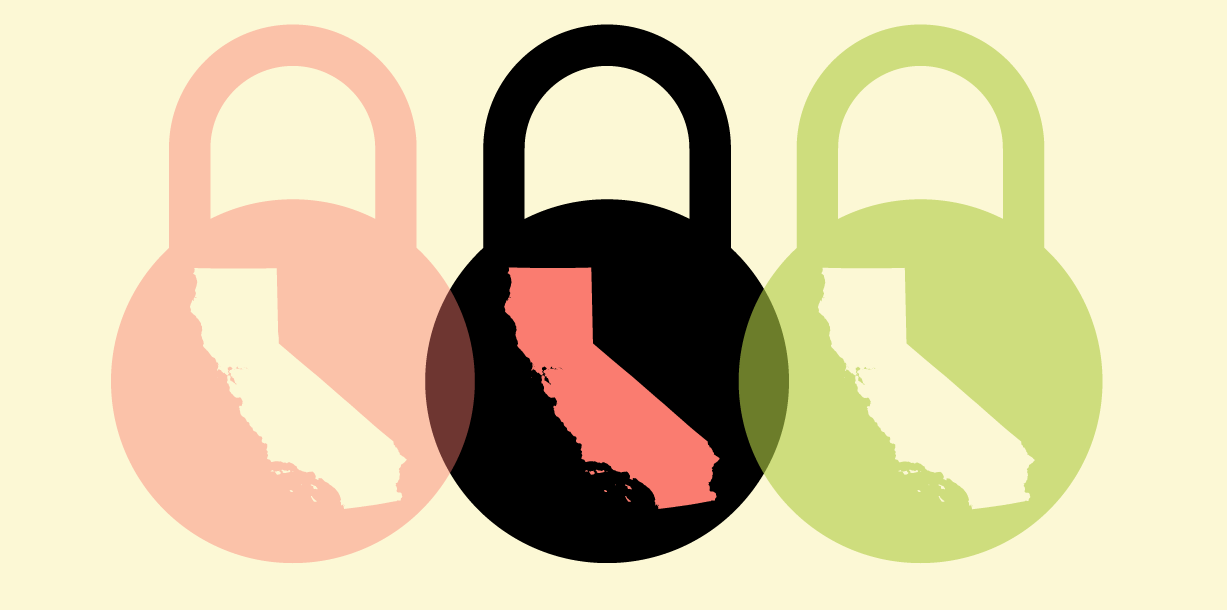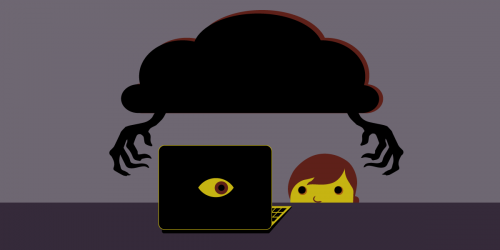Update, 2:35 p.m.: The coalition of groups behind Privacy for All has grown since time of publishing. This update reflects the latest count.
Privacy is a right. It is past time for California to ensure that the companies using secretive practices to make money off of our personal information treat it that way.
EFF has for years urged technology companies and legislators to do a better job at protecting the privacy of every person. We hoped the companies would realize the value meaningful privacy protections. Incidents such as the Cambridge Analytica scandal and countless others proved otherwise.
Californians last year took an important step in the right direction, by enacting the California Consumer Privacy Act (CCPA). But much work remains to be done. “Privacy for All,” a bill introduced today by Assemblymember Buffy Wicks, builds on the CCPA’s foundation. It promises to give everyone the rights, knowledge, and power to reclaim their own privacy.
Rights for All
Californians have an inalienable, constitutional right to privacy. But the scale and secrecy of corporate monetization of our personal information has outpaced the state’s duty to enforce that fundamental right. Privacy for All improves on the CCPA by ensuring that companies cannot punish someone for exercising their right to privacy, by imposing a higher price or inferior service. Privacy is not a right reserved for the rich.
Privacy for All also establishes a crucial power to protect our privacy: the right to act as our own privacy enforcers. With a private right of action, Privacy for All ensures that every person can go to court to hold companies accountable when they violate the law and refuse to respect our rights.
Knowledge for All
When it comes to protecting our own privacy, consumers are at a huge disadvantage. Companies know what they collect, how they use it, and who they share it with. Consumers usually do not.
This knowledge gap has harmful effects. Without knowing where their information goes, people have been unable able to exert control over its distribution, sale, and use. There is no way for them to know, for example, that a company has given their information—their zip code, their race, their restaurant preferences—to a firm that uses this information to determine their mortgage rate or credit limit. Seniors with dementia have no way to know when their name ends up on a data broker’s list.
The CCPA increases the consumer’s right-to-know. Privacy for All strengthens this right, and makes sure that everyone can learn what information companies have shared and who it’s been shared with.
Power for All
A cornerstone of data privacy is the consumer’s power to decide what a company may do with their data. The CCPA empowers consumers to opt-out of sale of their personal information.
Privacy for All would improve the CCPA by making sure that companies that share data, as well as those that sell it, are required to get opt-in consent to do so. Privacy for All would make sure that the law covers all the ways personal information is shared in the modern digital world, including in ways people may not expect. That returns privacy power to the people.
We Support Privacy for All
EFF proudly stands with 30 other privacy and civil rights organizations behind Privacy for All and its commitment to protecting our fundamental right to privacy. Companies have broken their promises that they will do better when it comes to privacy. Scandals and breaches have shown, time and again, that letting companies dictate privacy policy hurts everyone.
California lawmakers and Governor Gavin Newsom have already made clear that privacy is a vital right for the people of this state. It’s time for California's legislators to take the lead once again and ensure Privacy for All.












